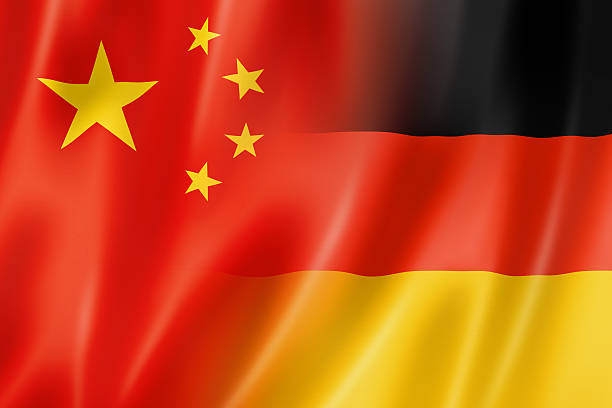
Russian invasion of the Ukraine changed a good deal of stability and political balance over the globe. Certain countries have drawn closer and some others pushed away from each other while the international communities realigned all together. While China still pursues its interests on being an economic giant and a superpower over the world, it mostly kept its balance diplomatically during this conflict with the West and Russia. China’s economic and diplomatic relations had been stable while West sanctioned Russia. However, it is uncertain if China and its President Xi Jinping will keep on this attitude towards Russia in the future with the diplomatic pressures of the West in general.
During the recent diplomatic visit, Germany’s Chancellor Olaf Scholz attempted to maintain a careful balance with China this week while fostering trade relations with his nation’s largest trading partner and voicing worries about its soaring exports to Europe and its backing of Russia. Tuesday’s meeting between Mr. Scholz and China’s top leader, President Xi Jinping, took place at the Diaoyutai State Guesthouse in Beijing. This was the last day of a three-day visit by a group of German officials and business executives. Additionally, he had a meeting with Premier Li Qiang as the two nations work through fragile relations brought on by Russia’s conflict in Ukraine and China’s competition with the United States (U.S.), Germany’s most significant ally.[1] These recent talks would certainly have an impact on the region and the geopolitical stability over the globe.
Furthermore, the German pressure to put a distance between Russia and China to shorten the conflict in Ukraine also highlights the China’s complex role in it as well. Mr. Scholz’s visit and diplomatic engagement also points to a nuanced approach towards China over this conflict while major powers try to find a middle path for peace. Moreover, these talks between China and Germany might have outreaching effects such as a shift of international alliances and influence over the region. Germany’s diplomatic approach on China to seek a middle ground and to push China away from Russia might also make European Union (EU) to consider a different political advance towards both Russia and China in the coming days. Moreover, if this diplomatic visit bears a positive result China could also station itself as a mediator for both West and the Russia while its global influence grows even further.
On the other hand, China’s political strategy and its response over maintaining a neutrality and standing for peace while maintaining its support for Russia economically indicates its delinquent strategic balance act. China’s position as a non-militaristic actor in this conflict while maintaining its strong economic ties with Russia displays the dual nature of their global stance. Fundamentally, China maintains a balanced act to pursue its interest and tries not to antagonize West at the same time. In connection to this, China uses the Russian-Ukrainian war for its own leverage to keep West at an arm’s length while holding Russia closer to seek its interests as well.
Moreover, Germany’s focus on this matter and China’s influence through economic power reflects the EU’s concerns on future trade policies and economic alliances. The further strategic outcomes for the EU and China are multileveled. While the economic and political consequences of the Russian invasion still haunt the global stability, China holds an immense degree of influence to bend Western politics. It is evident that China is one of the biggest options to shorten this crisis while potentially effecting the balances between the West and the East all together.
In conclusion, the future of the international stability may highly be tied to the results of this meeting while China keeps its duality on this crisis. Navigating through the complex nature of this conflict while balancing economic and political ties between West, China and Russia could also shift the global power position towards China at the end. The international community should hold a steady eye on these kinds of meetings in the future while being open to various kinds of diplomatic engagement with China. Determining the stability of the international relations between the West and East while putting China in the centre of influence would also have long lasting consequences in the world.
By The European Institute for International Relations
[1] https://www.nytimes.com/2024/04/16/world/asia/olaf-scholz-germany-china.html















